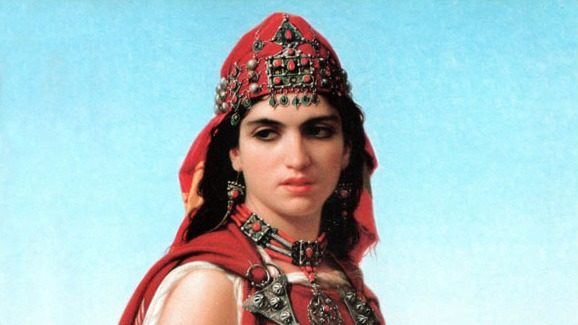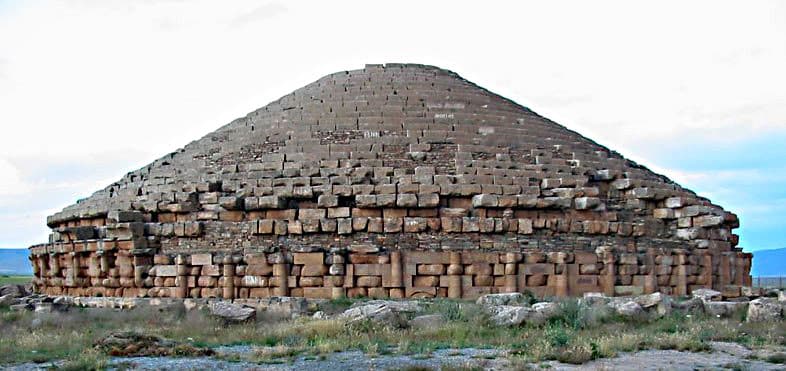The Amazigh, are an indigenous people of North Africa with a rich and diverse history dating back to ancient times. Across the region, various Amazigh kingdoms and empires have risen and fallen, leaving a lasting impact on the culture and language of the region. However, the spread of Arabization has often threatened the survival of Amazigh language and culture, leading to a centuries-long struggle for recognition and preservation. One notable figure in this struggle was Queen Dihya, also known as Kahina, who led a fierce resistance against Arab conquest in the 7th century.
The first wave of Arabization in North Africa began with the Arab conquest of the region in the 7th and 8th centuries. The Arab armies, under the leadership of Uqba ibn Nafi, swept across the region, bringing with them the religion of Islam and the Arabic language. Many Amazigh tribes converted to Islam, but some resisted the Arabization process and maintained their indigenous language and cultural practices.
One of the most prominent Amazigh resistance leaders was Queen Dihya, also known as Kahina. She was the ruler of a confederation of Amazigh tribes in what is now modern-day Algeria, and she is remembered as a symbol of Amazigh resistance against Arabization. Queen Dihya led her forces against the Arab armies, and although she was ultimately defeated, her bravery and determination inspired other Amazigh leaders to continue the fight against Arabization.
Despite the efforts of Queen Dihya and other resistance leaders, the Arabization process continued throughout the region. The Amazigh language and culture faced significant challenges as Arabization spread, and many Amazigh people were forced to assimilate or face persecution. However, the Amazigh people have never completely surrendered their language and culture, and they have continued to resist Arabization throughout the centuries.
In the modern era, the Amazigh people have made significant progress in their struggle for recognition and preservation of their language and culture. In 2002, the Moroccan government recognized Tamazight, the Amazigh language, as an official language alongside Arabic. In 2011, the Tunisian government also recognized the Amazigh language and culture, and established a national council to promote and preserve it.
Despite these efforts, the Amazigh language and culture still face challenges in the region. Many Amazigh people, particularly in Algeria, feel that their language and culture are not adequately recognized or supported by the government. There have also been instances of discrimination and persecution of Amazigh people for their language and cultural practices.
The Amazigh people have a long and rich history in North Africa, and their language and culture have had a significant impact on the region. The struggle for recognition and preservation of their language and culture continues to this day, and figures like Queen Dihya serve as a reminder of the resilience and determination of the Amazigh people in the face of Arabization and other challenges.
















